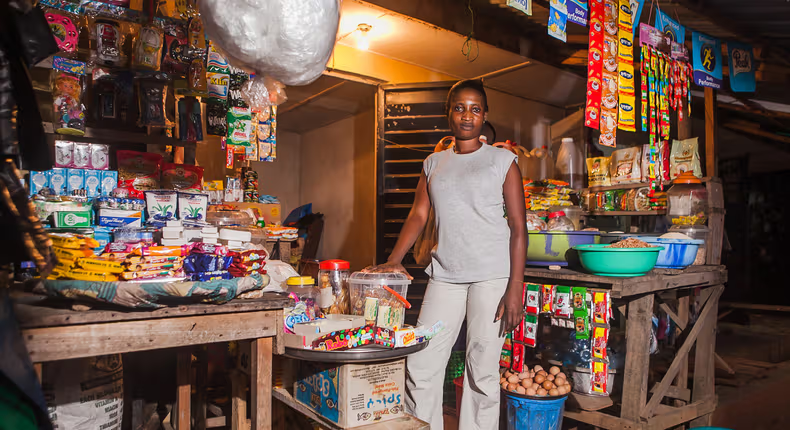The informal economy plays a crucial role in Nigeria’s economic landscape, with approximately 40 million Micro, Small, and Medium Enterprises (MSMEs), of which nearly 90% operate within this informal sector. These businesses encompass a wide range of activities, including street vendors, petty traders, subsistence farmers, seasonal workers, domestic workers, and industrial outworkers. Despite being characterized as untaxed and unregistered, the informal economy significantly contributes to Nigeria’s economy.
According to the 2024 Informal Economy Report by Moniepoint, here are the regions in Nigeria with the highest concentration of retail and trade businesses within the informal sector:
1. **South-West:** Excluding Lagos state, the South-West region (Ogun, Oyo, Osun, Ekiti, and Ondo states) constitutes 15.6% of Nigeria’s informal economy. Including Lagos, the entire South-West region accounts for 30.8% of the informal sector.
2. **South-South:** Comprising Akwa Ibom, Rivers, Bayelsa, Cross Rivers, Delta, and Edo states, the South-South region contributes 19.9% to Nigeria’s retail and trade businesses in the informal economy.
3. **North-Central:** Encompassing states like Benue, Kogi, Kwara, Nasarawa, Niger, Plateau, and the Federal Capital Territory (FCT), the North-Central region accounts for 16.8% of Nigeria’s informal economy.
4. **South-East:** Consisting of Enugu, Anambra, Imo, Abia, and Ebonyi states, the South-East region contributes 13.2% to Nigeria’s informal retail and trade businesses.
5. **North-West:** Including states such as Kaduna, Kano, Katsina, Kebbi, Jigawa, Sokoto, and Zamfara, the North-West region accounts for 12.8% of Nigeria’s informal sector.
6. **North-East:** Represented by Adamawa, Bauchi, Borno, Gombe, Taraba, and Yobe states, the North-East region contributes 6.6% to Nigeria’s informal economy.
These regions highlight the vast distribution and significant impact of informal businesses across Nigeria, despite their informal status. They provide essential goods and services, create employment opportunities, and contribute to local and national economic resilience.

